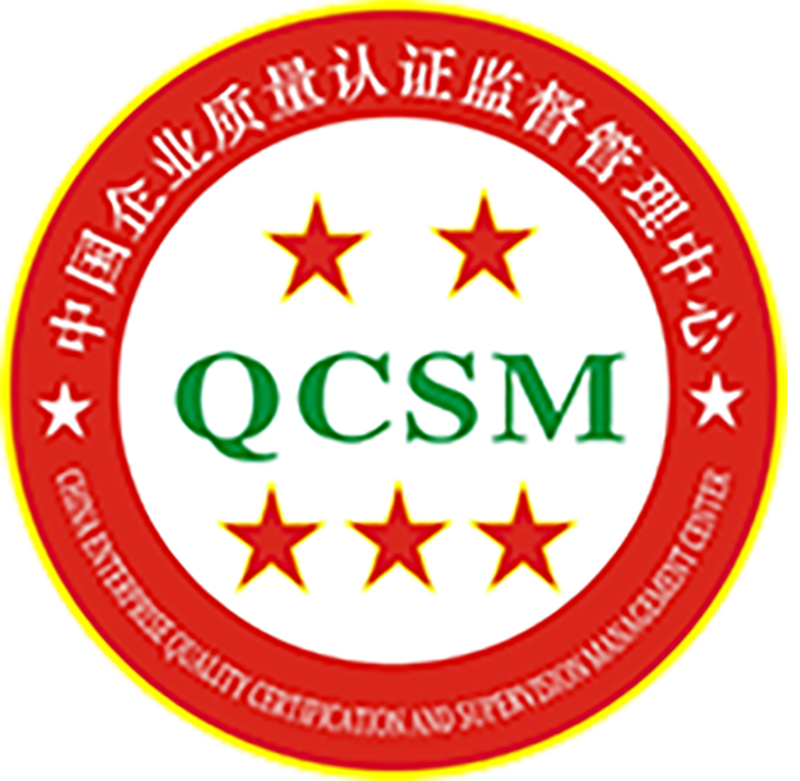Instagram (IG) Posts vs Stories are rivals of each other in terms of Usage Rates and Reach Rates. Surprising many, IG Posts’ Reach Rates are significantly higher than those of IG Stories in 2023, according to a survey by RivalIQ.
Originally published by MORE Digital, this article will talk about which is better when managing a business IG account.
Let’s figure out the calculation method in the first place:
(Reach / Followers) * 100% is the key formula
Example: If your post reaches 100 people and you have 2,000 followers, the Reach Rate would be (100/2,000)*100% = 5%.
Instagram Reach Rates for Stories vs Posts in 2023
From RivalIQ‘s survey data, the reach rate varies based on the number of followers:

Overall, accounts with fewer followers have higher reach rates for both Posts and Stories.
For accounts with less than 10,000 followers, the Post reach rate can reach 16.3%, while the average reach rate for Stories is 4.8%. However, when your account exceeds 200,000 followers, the Post reach rate drops to only 5%, while the average reach rate for Stories is 0.9%.
Regardless of the number of followers, the reach rate for Posts is at least 3 times higher than that of Stories.
Should you Prioritise IG Posts or Stories?
Interestingly, a poll conducted by MORE Digital inviting its IG followers to vote their usage, revealed that people still spend more time on Stories than Posts, which contradicts the reach rates. This can be explained by the larger competition among Stories, which contributes to the higher overall reach rate of Posts.
Use Posts to Gain New Followers
In terms of the current Instagram algorithm, Posts have the opportunity to be promoted and reach both followers and non-followers, while Stories are generally aimed at followers. Therefore, if you want to reach new followers, Posts are generally more suitable than Stories.
Read More: A True Story Sharing of Growing Instagram Followers from 300 to 18k+
Choose Posts or Stories based on Your Content Goals
It’s worth noting that creating Posts generally requires more effort and time than creating Stories, which are often spontaneous and simple. Therefore, you cannot judge which format to use based solely on the reach rate.
For content that is more long-lasting, complex, and involves more data, we generally create Posts for ease of reading.
As for simple and time-limited sharing or for interacting with followers, we prioritise posting Stories. Stories are also a good tool for testing content themes. Sometimes, when we are unsure if a particular topic will be popular, we share relevant content via Stories first and then determine its popularity based on data before deciding whether to extend the content into a Post.
Learn About: A Beginner’s Guide to Social Media for B2B

Marketing Expert's Views
Even though the reach rate for Posts is higher than that of Stories, this does not mean that we should only focus on creating Posts. We need to consider the characteristics of both formats and the goals of our content before deciding on a format.
In addition, Instagram and other social media algorithms often change. If we only make decisions based on algorithm changes, we can become too reactive. Therefore, we believe that it’s okay to consider platform algorithms to some extent, but we should not be led by them.

Rem Chiu, Co-Founder of MORE Digital
Ms. Rem Chiu is the Co-Founder of MORE Digital, and has over 10 years experience in Digital Marketing. Rem and her team specialize in helping brands to maximize exposure, building awareness, reaching potential customers and increasing revenues via digital marketing solutions. Their existing clients include Property Developers, Shopping Malls and Global Brands.
Disclaimer
This website may contain material sent to the HKTDC by third parties. Without prejudice to any rights, remedies and interests that HKTDC may have, HKTDC is not responsible for any error, omission or inaccuracy in the material. HKTDC reserves the right to omit, suspend or edit any material submitted. The opinions, findings, conclusions and recommendations expressed in such material are those of the authors thereof, and do not necessarily reflect the views of HKTDC.



















